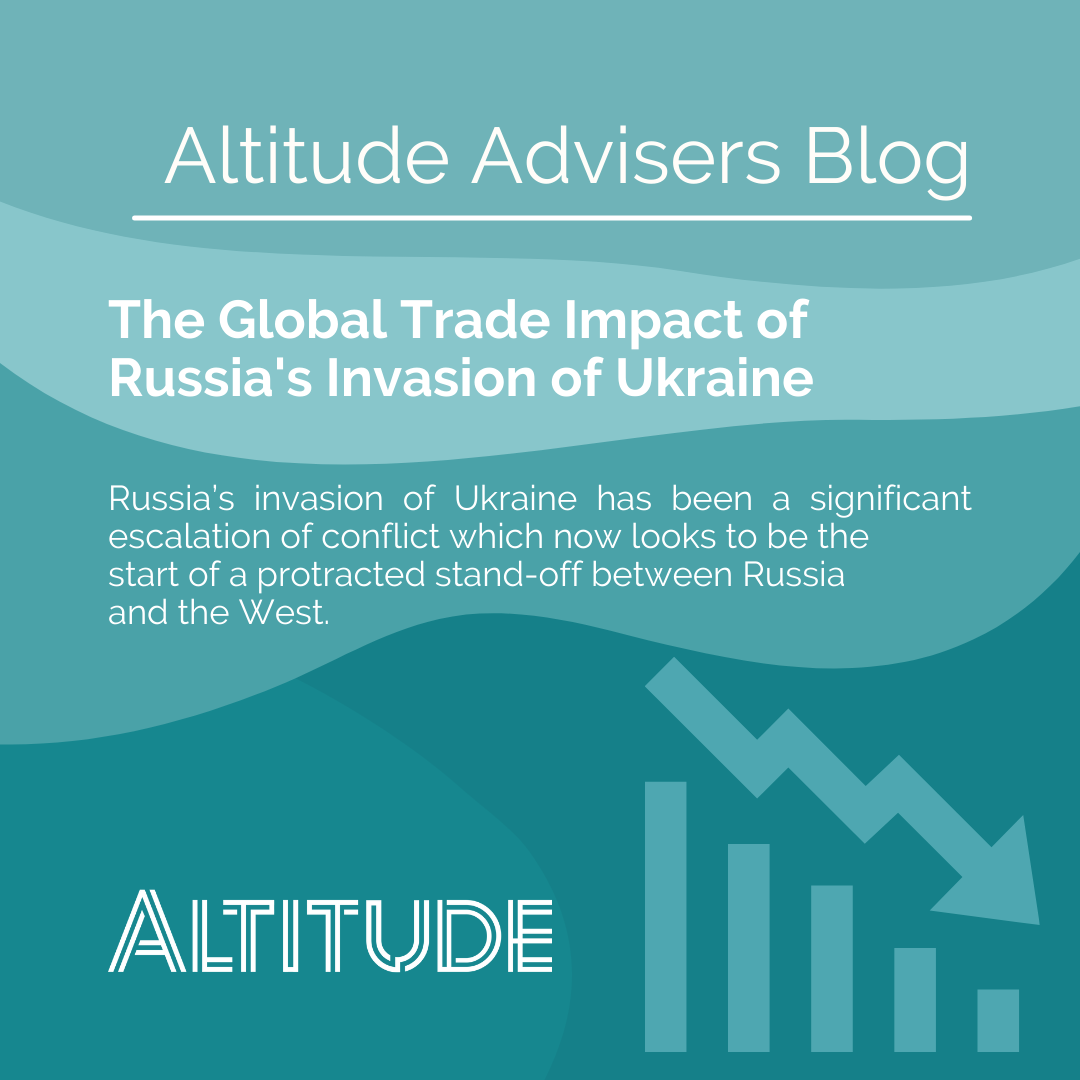
Russia’s invasion of Ukraine has been an escalation of the conflict which now looks to be the start of a protracted stand-off between Russia and the West.
The invasion appears to target regime change in Kyiv and will continue to see sanctions by the U.S., Europe, and their allies. Further to cutting off Russia’s main banks from the world’s financial system, sanctions may also extend to restricting key technology exports. We could also see Western arms and materials supporting any Ukrainian insurgency – and Russian cyberattacks and disinformation. Importantly Europe and the U.S. have stated they will not be providing direct military support which would lead to a significant escalation of the crisis.
As per past global events growth assets have fallen sharply, with U.S. and European equities hitting new lows for the year as investors sell while they work out the implications of the conflict. Russian assets have been hit hard on the prospect of more sanctions, however it is important to note that this is a very small equity market.
The key global impact from this event is anticipated to be fast-rising energy prices, particularly in Europe. This will exacerbate supply issues driving inflation higher, which is already high and leading central banks to raise rates.
Central banks likely will have to limit the level at which they can increase interest rates to curb inflation however, as going higher may have too negative an impact on growth and employment in the long-term. As a result, central banks will live with inflation potentially at higher rates than desired, they may also face less political pressure to contain inflation as the conflict becomes an easy culprit for higher prices.
This may allow central banks to move more cautiously as they raise rates, especially the European Central Bank. Therefore, the invasion has reduced the risk that policymakers slam on the brakes too hard.
We have been concerned about rising interest rates for some time and for this reason reduced the level of risk of our portfolios in the last two reviews, this will have assisted in providing some additional buffer with the current downturn and ongoing market volatility.
A delay or reduction in the level of interest rate increases will help the market and we are seeing shares stabilise today as this realisation is coming through. Higher commodity prices will also help a number of sectors of the Australian economy, and we have very little direct trade with either Russia or Ukraine. As unfortunate an event as this is, it is important to note that markets usually rebound quickly after these events and there are many other factors that influence the market over the medium term.
If you have any questions in relation to your portfolio or strategy, please contact your Altitude Adviser.


